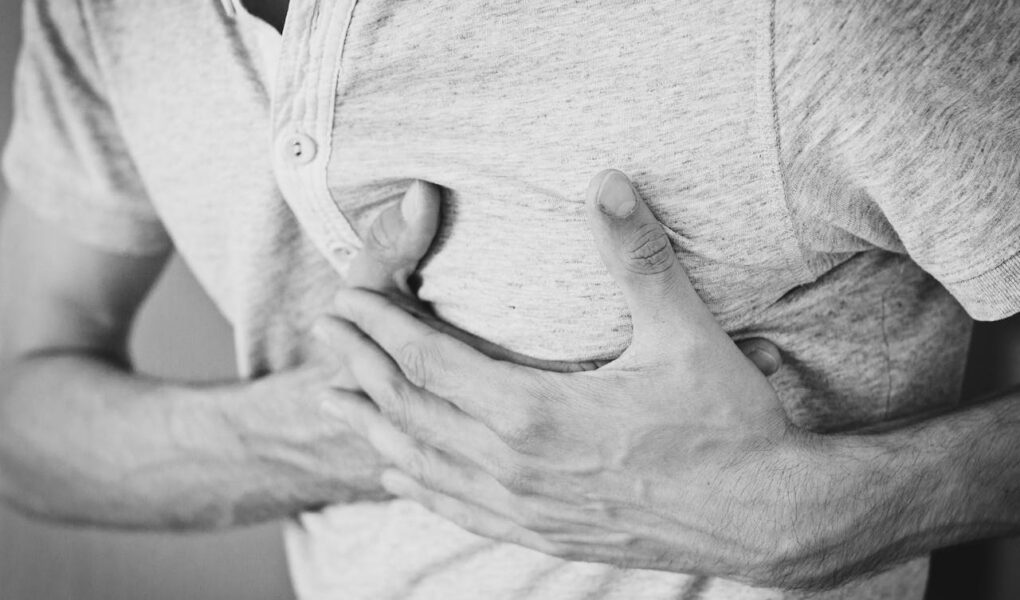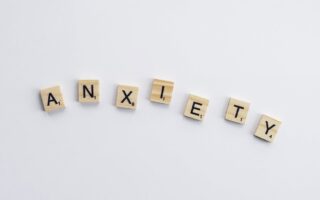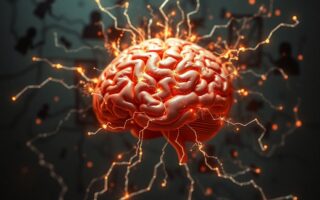Experiencing chest pain can be a frightening and concerning symptom, often leading individuals to worry about serious medical conditions such as heart attacks. While chest pain is commonly associated with cardiac issues, it’s essential to recognize that anxiety can also manifest physical symptoms, including chest pain. In this comprehensive article, we will explore the relationship between anxiety and chest pain, examining the causes, symptoms, and management strategies for anxiety-induced chest pain.
Understanding Anxiety-Induced Chest Pain
- Physiological Response to Stress: Anxiety triggers the body’s “fight or flight” response, leading to the release of stress hormones like adrenaline. These hormones can cause physical symptoms such as increased heart rate, muscle tension, and shallow breathing, which may contribute to chest discomfort.
- Muscle Tension: Anxiety often leads to muscle tension, including the muscles in the chest wall. Prolonged muscle tension can result in soreness or tightness in the chest area, mimicking the sensation of chest pain.
- Hyperventilation: During periods of heightened anxiety, individuals may experience hyperventilation or rapid breathing. This can disrupt the balance of oxygen and carbon dioxide in the body, leading to sensations of chest tightness or discomfort.
- Somatic Symptom Disorder: Some individuals with anxiety disorders may develop somatic symptom disorder, where they experience physical symptoms such as chest pain without any underlying medical cause. These symptoms are real and distressing but are not the result of a physical illness.
Differentiating Anxiety-Induced Chest Pain from Cardiac Chest Pain
- Nature of Pain: Chest pain related to anxiety is often described as sharp, stabbing, or pressure-like, rather than the crushing or squeezing sensation typically associated with cardiac chest pain.
- Triggers: Anxiety-induced chest pain is often triggered by stressful situations, panic attacks, or periods of heightened anxiety, whereas cardiac chest pain may occur during physical exertion or emotional stress but is not solely dependent on anxiety.
- Duration and Response to Treatment: Anxiety-related chest pain tends to be shorter in duration and may respond to relaxation techniques, deep breathing exercises, or reassurance. In contrast, cardiac chest pain may persist longer and may not improve with relaxation alone.
- Associated Symptoms: Anxiety-induced chest pain is often accompanied by other anxiety symptoms such as palpitations, sweating, dizziness, or feelings of impending doom. Cardiac chest pain may be associated with symptoms like shortness of breath, nausea, or pain radiating to the arms, neck, jaw, or back.
Management Strategies for Anxiety-Induced Chest Pain
- Stress Management Techniques: Practice stress reduction techniques such as deep breathing exercises, progressive muscle relaxation, meditation, or mindfulness to alleviate anxiety symptoms and reduce chest pain.
- Physical Activity: Engage in regular physical activity to help reduce overall anxiety levels and promote relaxation. Exercise also helps release endorphins, which can improve mood and reduce muscle tension.
- Cognitive Behavioral Therapy (CBT): CBT is a type of psychotherapy that helps individuals identify and challenge negative thought patterns and behaviors associated with anxiety. It can be particularly effective in managing anxiety-induced physical symptoms.
- Seek Professional Help: If you experience frequent or severe chest pain, it’s essential to consult with a healthcare professional to rule out any underlying medical conditions. They can provide a proper evaluation, diagnosis, and guidance on appropriate treatment options.
Conclusion
While anxiety can indeed cause chest pain, it’s essential to approach any chest discomfort with caution and seek medical evaluation to rule out cardiac or other serious medical conditions. Understanding the relationship between anxiety and chest pain, along with implementing appropriate management strategies, can help individuals effectively cope with anxiety-induced symptoms and improve their overall quality of life. Remember, seeking professional help is always advisable if you have concerns about your health or experience persistent or severe symptoms.















